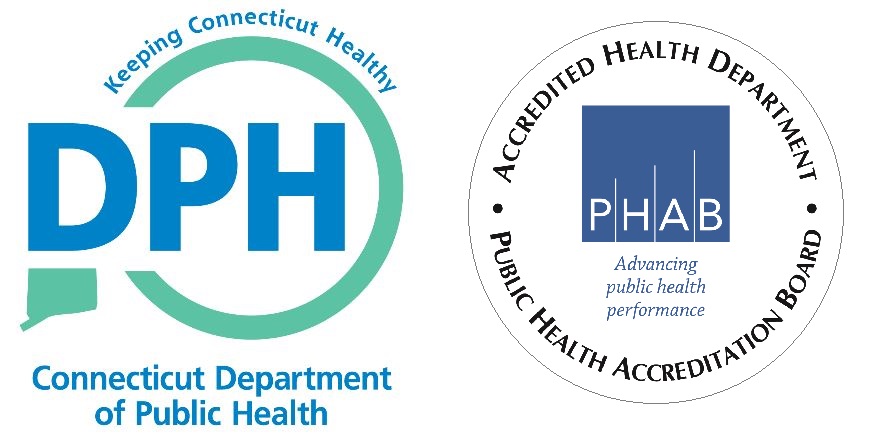Epidemiologist 2 (Infectious/Chronic Diseases) (35 Hour)
Recruitment #190917-0287HC-001
| Location |
Hartford, CT
|
|---|---|
| Date Opened | 9/20/2019 12:00:00 AM |
| Salary | $60,106* - $81,468/year (*New State Employees) |
| Job Type | Open to the Public |
| Close Date | 9/27/2019 11:59:00 PM |
Introduction

The State of Connecticut Department of Public Health (DPH) is currently recruiting for an Epidemiologist 2 (Infection/Chronic Diseases) within the Infectious Diseases Section. This Epidemiologist will be accountable for the management, analysis, and visualization of data from the state’s syndromic surveillance system, which captures 1.7 million emergency department visit records per year. This individual will be responsible for using syndromic surveillance data to support all hazards surveillance (including use cases related to infectious diseases, suspected overdoses, and emerging public health issues) and collaborating with stakeholders at the local, state, regional, and national level. Other jobs duties will include developing training materials and conducting trainings for internal and external system users, and summarizing and communicating epidemiological findings with professional audiences and the general public.
This position is full-time, first shift, 35 hours per week, typically Monday – Friday.
Should you have questions pertaining to this recruitment, please contact Deb Lyons at Deborah.Lyons@ct.gov or (860) 509-7180.
PURPOSE OF JOB CLASS (NATURE OF WORK)
EXAMPLES OF DUTIES
KNOWLEDGE, SKILL AND ABILITY
MINIMUM QUALIFICATIONS - GENERAL EXPERIENCE
MINIMUM QUALIFICATIONS - SPECIAL EXPERIENCE
MINIMUM QUALIFICATIONS - SUBSTITUTIONS ALLOWED
2. A Master's degree in Public Health, Community Medicine or a related health science may be substituted for one (1) additional year of the General Experience.
3. A Doctorate in a related discipline such as Public Health, Medicine or a natural or behavioral science may be substituted for the General Experience.
PREFERRED QUALIFICATIONS
Experience using SAS, R, SQL, or syndromic surveillance-specific analytic tools (such as EpiCenter or ESSENCE), for epidemiologic analysis and visualization of large data sets.
Experience managing large data sets, including: developing and conducting data quality assessments, communicating known data quality issues to data users, resolving identified data quality issues, and adjusting for known data quality issues in data analysis.
Experience developing and implementing trainings for professional audiences, including local health departments, healthcare providers, and the general public regarding epidemiological data, methods, and their interpretation.
Experience summarizing epidemiological findings in writing and delivering verbal presentations.
Experience leading and participating in epidemiological investigations related to infectious and non-infectious health conditions.
Experiencing collaborating on multi-jurisdictional projects with regional and national public health partners.
SPECIAL REQUIREMENTS
2. Incumbents in this class may be required to travel.
WORKING CONDITIONS
Conclusion
AN AFFIRMATIVE ACTION/EQUAL OPPORTUNITY EMPLOYER
The Department of Public Health aims to provide equal opportunity in all aspects of employment and advancement, fostering an environment committed to supporting individuals in all protected classes. If you require an aid/accommodation to participate fully and fairly, please contact the Human Resources Office at (860) 509-7177.




